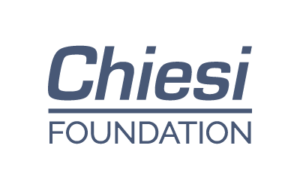The country
Uganda, often called the “Pearl of Africa”, is a country in East Africa with extraordinary geographical diversity. Its terrain ranges from the snow-capped peaks of the Rwenzori Mountains to vast savannahs, passing through the majestic Lake Victoria. This diversity of landscapes has made Uganda one of the most popular tourist destinations on the African continent.
As of 2023, Uganda’s population was approximately 48,656,601. Population growth is significant, with a population growth rate of 2.8%. The population distribution is predominantly rural, with 76% living in rural areas. Life expectancy at birth is approximately 63 years for men and 69 years for women.
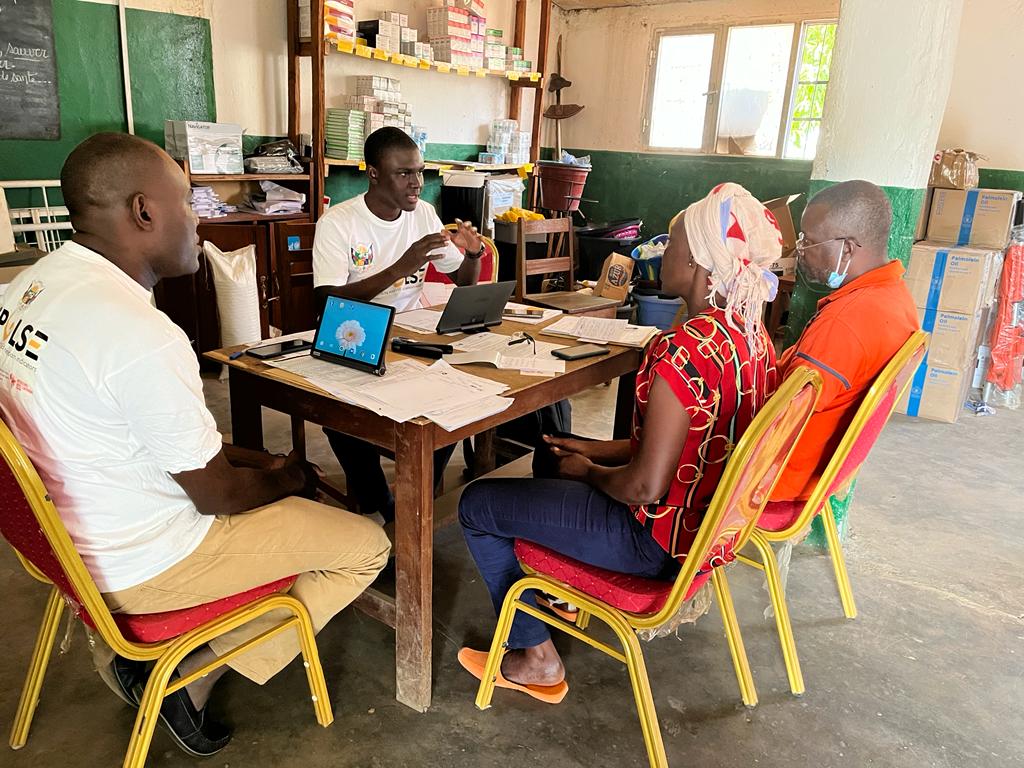
Socioeconomically, Uganda is a developing country, with an economy based mainly on agriculture, fisheries and tourism. Despite its tourism potential and wealth of natural resources, the country still faces significant challenges such as social inequalities, poverty and dependence on climatic conditions in agriculture.
Politically, Uganda has gone through a turbulent period since independence, followed by a period of relative calm in recent decades; but political challenges remain numerous, including the fight against corruption, the promotion of human rights and the management of natural resources.
The health situation also presents significant challenges, with infectious diseases such as malaria, tuberculosis and HIV/AIDS, especially in rural areas and among the most vulnerable populations. Access to basic health services is limited, with shortages of qualified medical personnel and adequate infrastructure, especially outside major cities. Infant and maternal mortality are still high, due to complications during childbirth, malnutrition and preventable diseases.
In 2022, Uganda’s neonatal mortality rate was approximately 18.4 deaths per 1,000 live births. This highlights the urgent need to improve neonatal care in the country, where access to quality health services is limited and resources are scarce.
(Source: data.who.int)
Uganda in numbers
Uganda in numbers
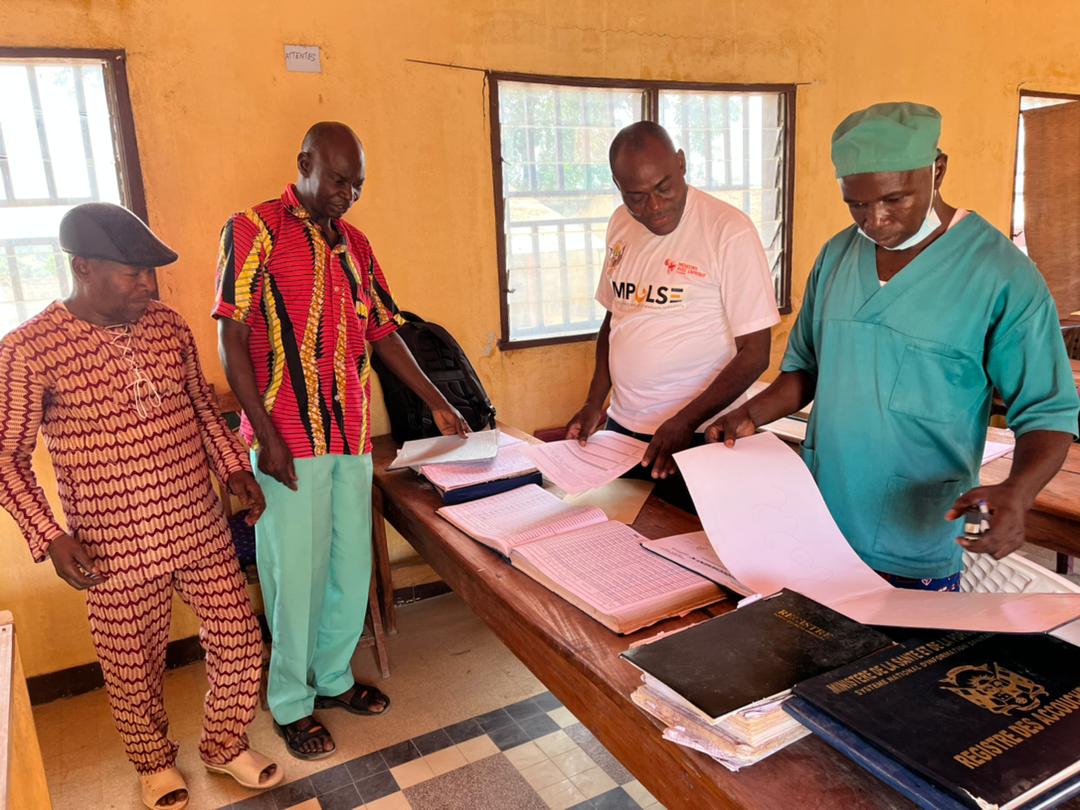
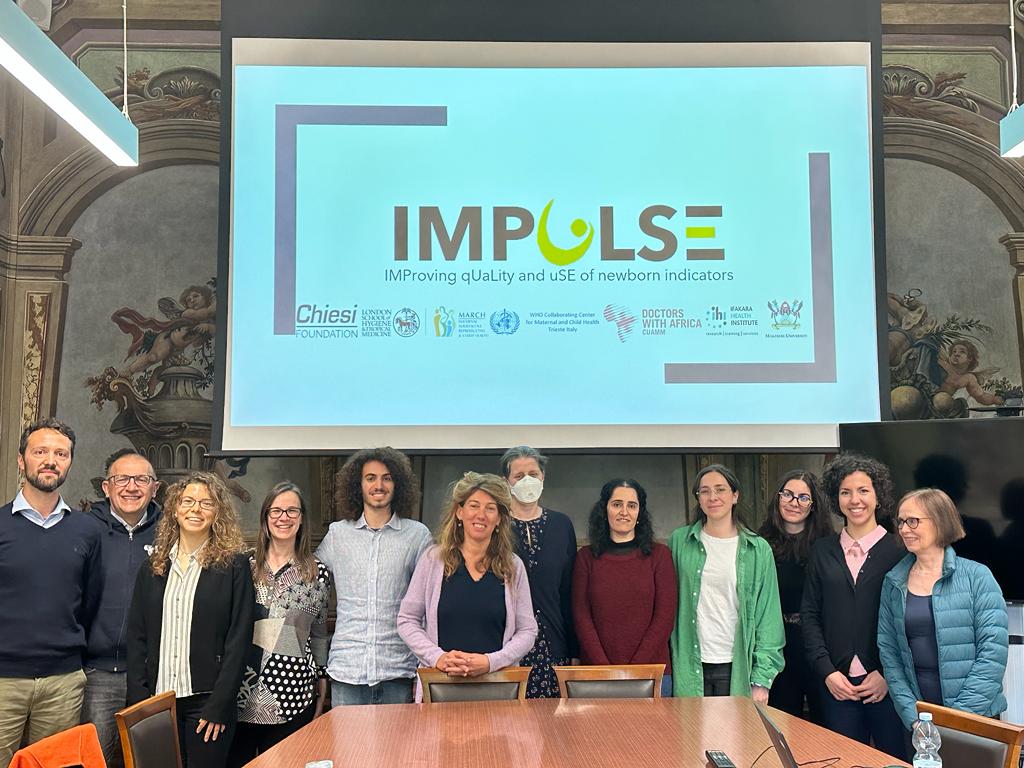
Our intervention
One of the main institutional purposes of the Chiesi Foundation is the promotion of medical-scientific research activities, with particular attention to the study of diseases in the respiratory or neonatology fields.
Launched in 2021, the IMPULSE (Improving Quality and Use of Newborn Indicators) project, supported by the Chiesi Foundation, has as its primary objective to generate scientific evidence on effective methods and tools to improve the quality of neonatal data in sub-Saharan Africa. This research project, implemented in Ethiopia, Central African Republic, Tanzania and Uganda, aims to contribute to the improvement of the health and well-being of newborns, especially small and sick newborns admitted to neonatal units.
Since the project started, important milestones have been achieved. After defining the first phases and selecting the research teams in the different countries, the data collection and analysis were carried out.
During 2023, data collection was completed in all the countries involved and the first analyses began. In parallel, a “Theory of Change” model was developed that will outline the future actions of the project. This model, the result of a broad consultation process with all the actors involved, was approved by the Management Board of the Chiesi Foundation.
The results obtained so far by the IMPULSE project demonstrate the importance of investing in research to improve the quality of neonatal care in low-income countries. Thanks to this project, it will be possible to develop more effective tools and methodologies to monitor and evaluate the quality of care provided to newborns, thus contributing to reducing infant mortality and improving the health of new generations.
Our intervention
One of the main institutional purposes of the Chiesi Foundation is the promotion of medical-scientific research activities, with particular attention to the study of diseases in the respiratory or neonatology fields.
Launched in 2021, the IMPULSE (Improving Quality and Use of Newborn Indicators) project, supported by the Chiesi Foundation, has as its primary objective to generate scientific evidence on effective methods and tools to improve the quality of neonatal data in sub-Saharan Africa. This research project, implemented in Ethiopia, Central African Republic, Tanzania and Uganda, aims to contribute to the improvement of the health and well-being of newborns, especially small and sick newborns admitted to neonatal units.
Since the project started, important milestones have been achieved. After defining the first phases and selecting the research teams in the different countries, the data collection and analysis were carried out.


During 2023, data collection was completed in all the countries involved and the first analyses began. In parallel, a “Theory of Change” model was developed that will outline the future actions of the project. This model, the result of a broad consultation process with all the actors involved, was approved by the Management Board of the Chiesi Foundation.
The results obtained so far by the IMPULSE project demonstrate the importance of investing in research to improve the quality of neonatal care in low-income countries. Thanks to this project, it will be possible to develop more effective tools and methodologies to monitor and evaluate the quality of care provided to newborns, thus contributing to reducing infant mortality and improving the health of new generations.
